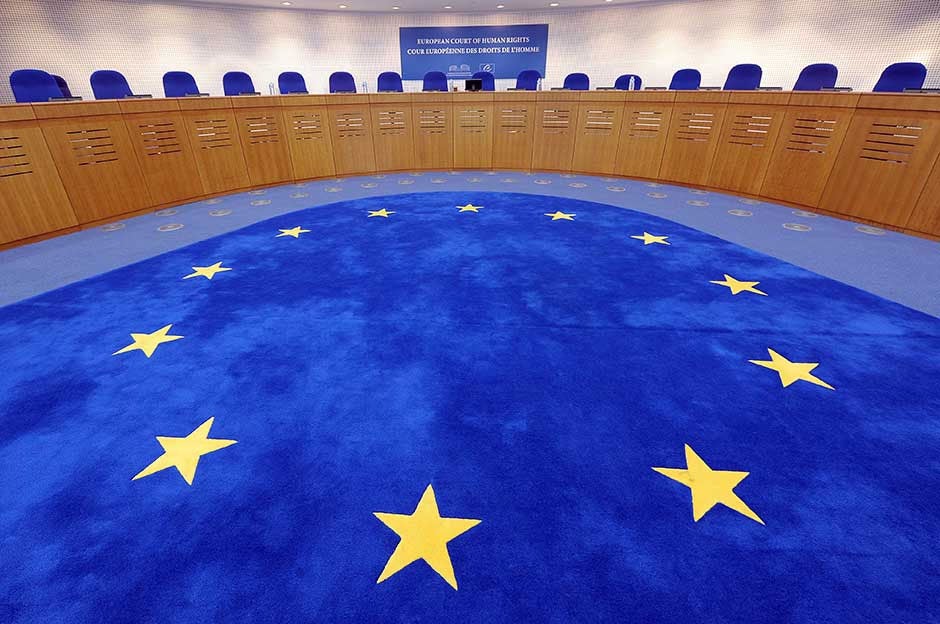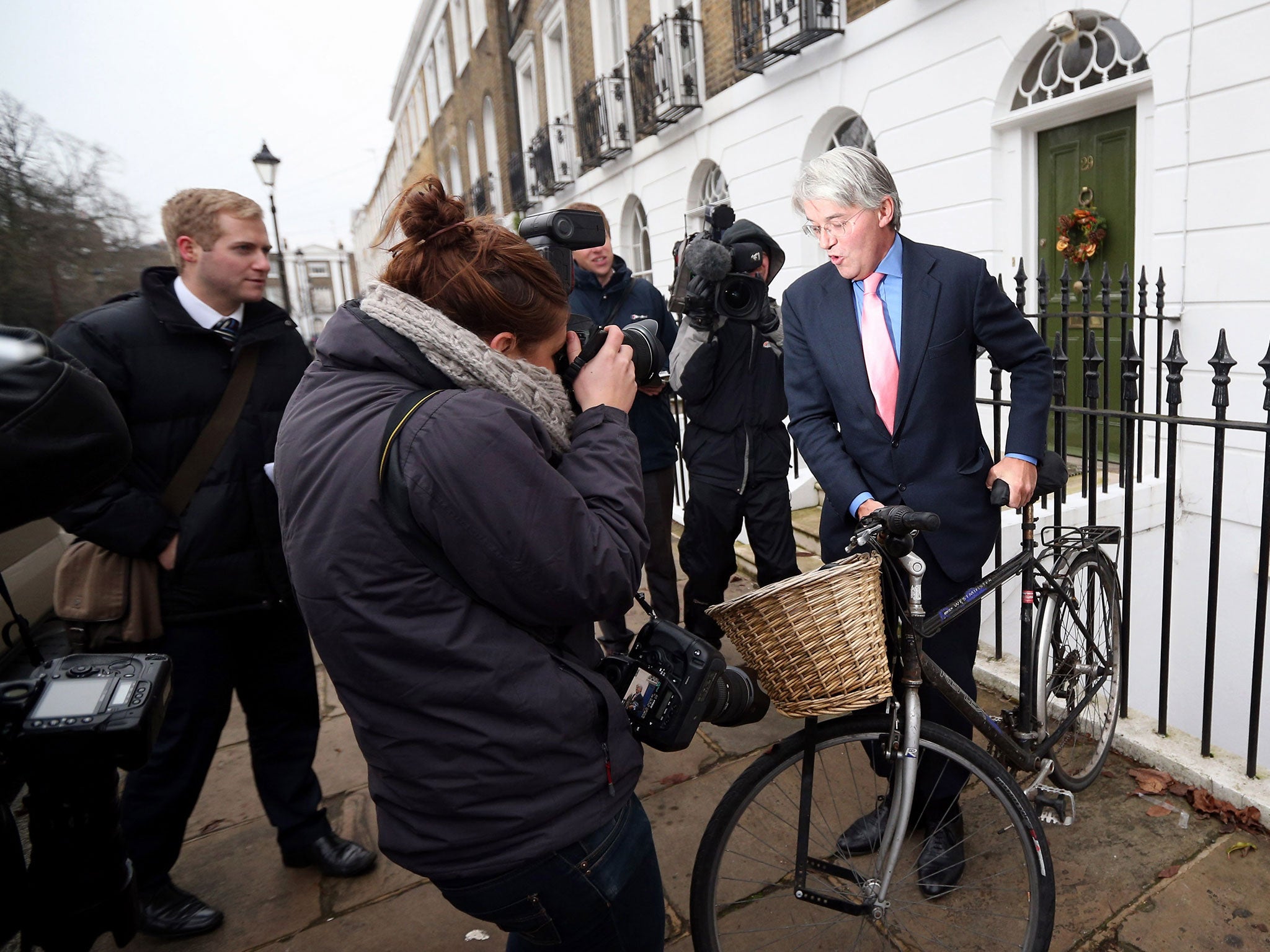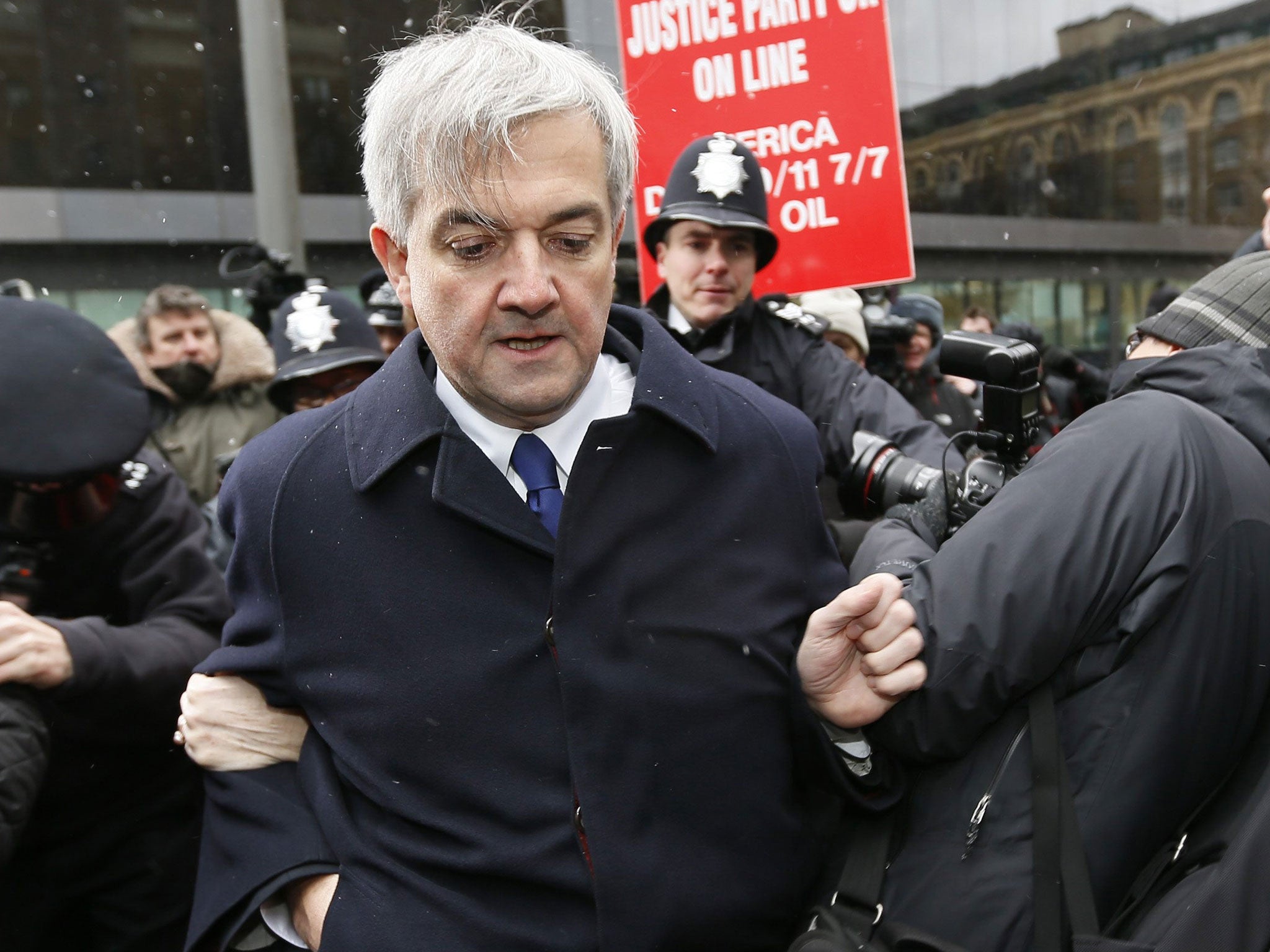Last week The Sun wanted to abolish the Human Rights Act, this week they want to use it to protect their journalists
Rupert Murdoch’s paper doesn’t appear to see the irony of its own actions

Just days after The Sun newspaper celebrated David Cameron’s promise to abolish the Human Rights Act (HRA), it is using the very same laws to protect one of its own journalists.
On Thursday, The Sun, owned by News UK, ran a congratulatory front page on the Prime Minister’s apparent decision to “adopt” the paper’s “manifesto” in his Conservative Party speech.
Next to the headline, “Here Cams The Sun,” the paper applauded a list of Mr Cameron’s party promises, which included the intention to axe the "hated Human Rights Act,” it said.
But just four days after trumpeting its support of the abolition of HRA, The Sun has invoked the powers afforded to UK citizens through the very existence of HRA for one of its own journalists.
The Sun has on Monday launched legal actions against the Metropolitan Police after it was revealed that the force used the Regulation of Investigatory Powers Act (Ripa) to obtain The Sun’s newsdesk telephone records, and those of its political editor, Tom Newton Dunn.
The Met had been attempting to find out who had leaked the so-called Plebgate story involving the former Tory chief whip Andrew Mitchell.

The Sun has since called for a public hearing at the Investigatory Powers Tribunal into the way the Met accessed its journalists’ records, and has confirmed that it will use the HRA in its case.
A spokesperson for the newspaper said: "The Sun is using the Human Rights Act in our submission to the Investigative Powers Tribunal as it is the primary source on which to base our petition under the law as it is now.”
The paper failed to see the irony of the situation however, insisting that it still supports the abolition of the HRA, claiming that Mr Cameron’s proposed Bill of Rights would afford sufficient protections for journalists.

The spokesperson added: "However, it is notable that the use of covert powers to access The Sun's phone records occurred despite the existence of the HRA, and we therefore continue to support its replacement with a British Bill of Rights that would enshrine proper protections for journalistic sources."
Police chiefs have today been ordered by the Prime Minister’s surveillance watchdog to reveal when snooping powers have been used to identify journalistic sources.
It follows The Sun’s Plebgate case, and the revelation that police investigating the Chris Huhne speeding points scandal secretly obtained the phone records of a journalist and one of his sources for the story, even though a judge had agreed that the source could remain confidential.
